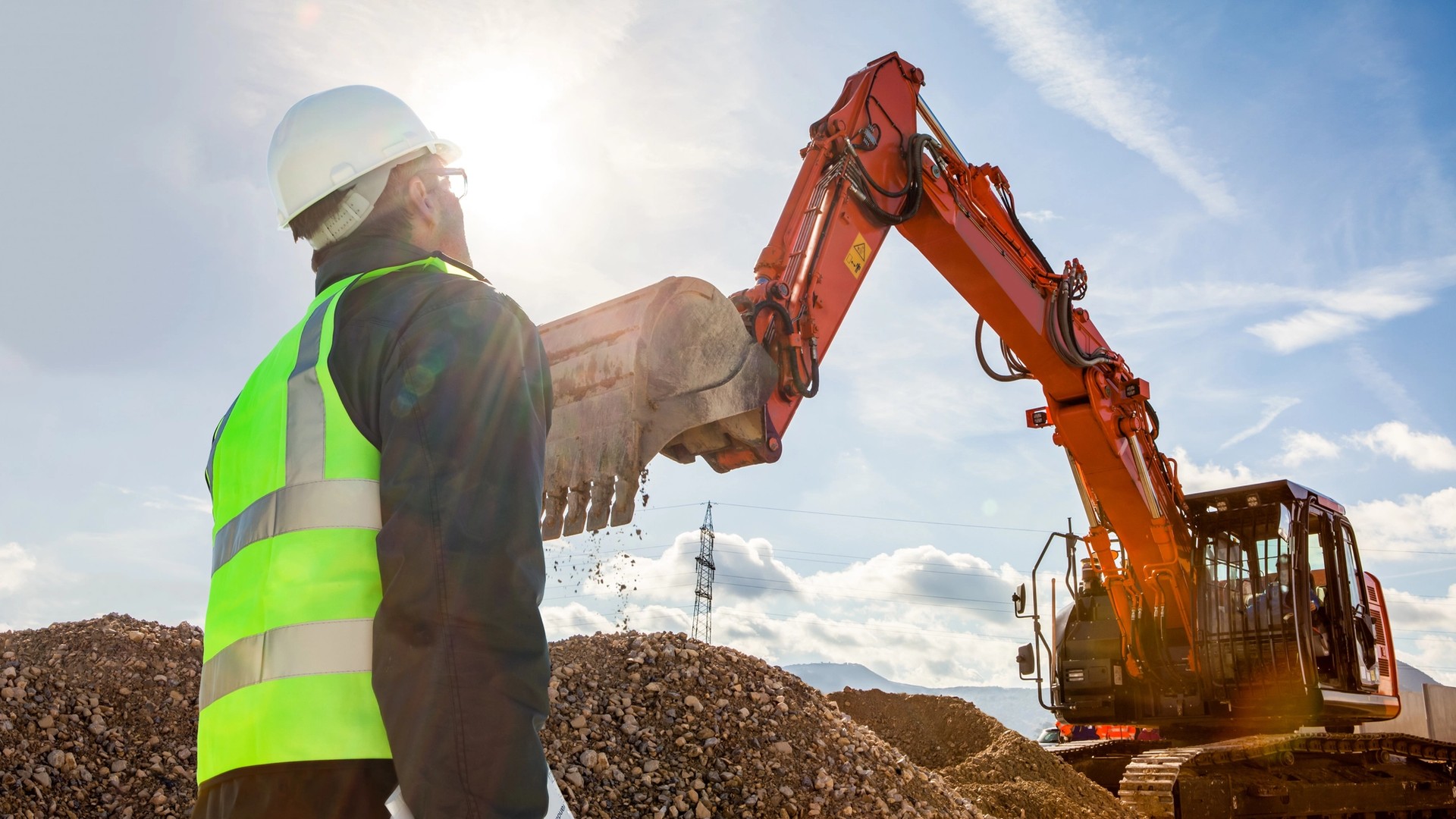
Leased Equipment Insurance - What Is it?
·
5 minute read
Contractors work on a variety of projects that require unique equipment. But as a contractor, it often doesn't make sense for you to own every piece of necessary equipment.
If you owned everything you might ever need for any job, you would spend a lot of time maintaining the equipment. You’d also spend far more money storing it than you would spend to rent it a couple of times per year.
This is why contractors often choose to rent equipment that they don’t use on a daily basis.
Of course, there are some stipulations. Equipment rental businesses want you to carry insurance on the equipment while it is in your care, custody, and control; just like you would if it were your own. Before leaving the store, they will ask for proof of this insurance with their business listed as a "loss payee" (meaning the insurance company is authorized to write the claim check directly to the equipment owner).

Need Leased Equipment Insurance For Your Business?
Take 5 quick minutes to fill out the form below and get your free quote today!
Here is what leased equipment insurance is and how to tell if you already have it:
What is leased equipment insurance?
If you have leased equipment insurance coverage, it will generally be found on your inland marine policy. Don't let the name confuse you; “inland marine” is just the formal name for a contractor's equipment policy.
Commercial insurance is typically a very standardized contract, whereas inland marine can vary much more broadly. It’s a property coverage meant to cover items or equipment that are not tied to a specific location (like a building or a building's contents).
With the common denominator being items not being tied to a specific location, it is no wonder these policies lack the same standardization that traditional insurance offers.
Nearly anything can be insured on an inland marine policy. For example, jewelry and bulldozers are both commonly insured this way. Even more surprising, these items can be insured here even if you don't own them (through “property of others” insurance).
One form of property of others insurance – also known as personal property of others coverage – is insuring equipment that you lease from equipment rental companies. This is leased equipment coverage.
Leased equipment coverage is an add-on to your inland marine policy that states that leased personal property of others is covered under your insurance if it is under your care, custody, and control (up to the policy limit).
Although the information we provide here will help you understand how leased equipment coverage works, due to the customized nature of this policy, we suggest talking to an insurance expert about your specific needs (you can ask us here).
How much does leased equipment insurance cost?
There are many ways insurance companies handle leased equipment coverage. Each method offers various benefits depending on the size, scope, and work your business performs.
Traditional Leased Equipment Coverage
You will probably have the option to purchase this coverage on an inland marine policy or contractors equipment policy. The premium is calculated by the amount of equipment rental costs you have each year, the type of equipment, and the limit of insurance that you need.
This method is very customizable; it lets you acquire almost any coverage needed to get compliant with a rental company (while covering your business's equipment).
This method, although very customizable, is not the easiest or cheapest way to get covered. You will have to comply with an audit at the end of each year detailing how much you spent in equipment rentals.
Contractors Enhancement Coverages
Many insurance companies offer enhancement packages that include common coverages needed by contractors. These policies typically include leased equipment insurance coverage that covers $50,000 or in some instances up to $300,000 worth of equipment.
The benefit of these packages is that it is less expensive to purchase the bundle of coverages than a separate add-on to your contractor's equipment insurance policy.
There is generally no audit required for this method, and a flat fee is charged annually. This means you can rent as often as you need to without insurance costing more.
That being said, if you rent a significant amount of equipment – or the equipment you rent is particularly expensive or specialized – this coverage might not meet all your contractual requirements.
Additionally, if you are a larger contractor, this coverage might not be available due to the scope of your operations.
Summary
The ability to rent equipment is an important tool that contractors use to win bids and grow their businesses. It is important to obtain the right coverage to cover your contractual obligations, as well as develop a good relationship with the equipment rental businesses.
About The Author: Austin Landes, CIC
Austin is an experienced Commercial Risk Advisor specializing in and leading LandesBlosch's design professional, real estate, and construction teams.
